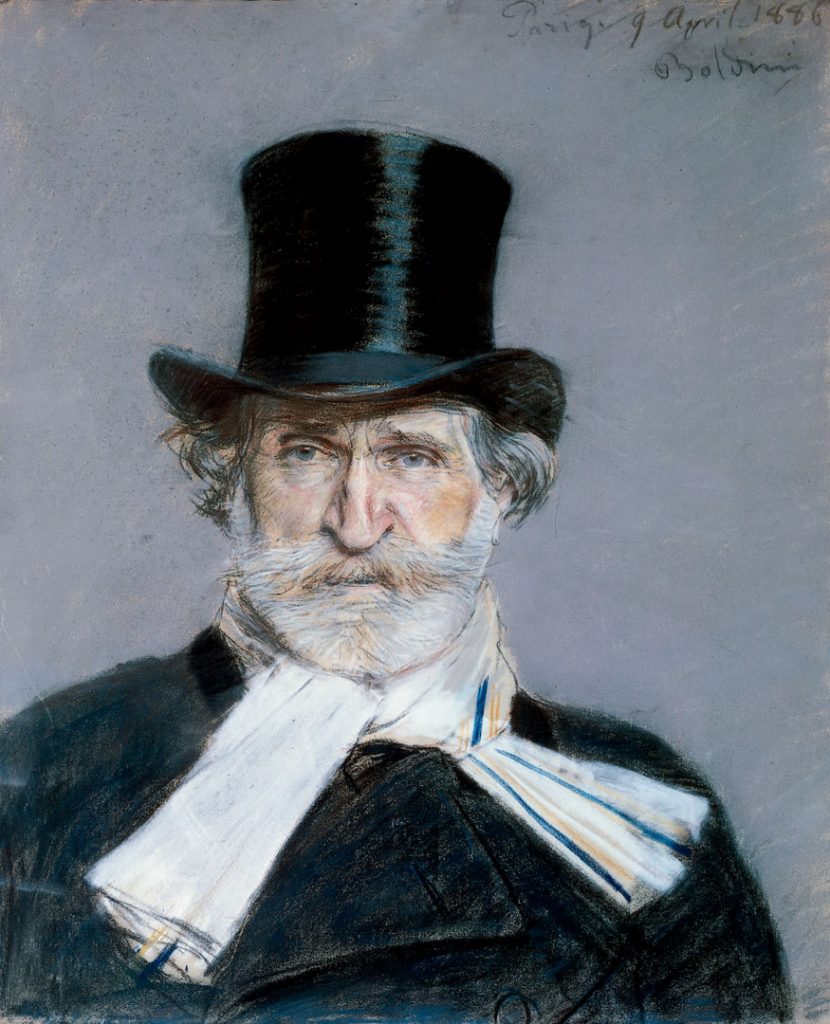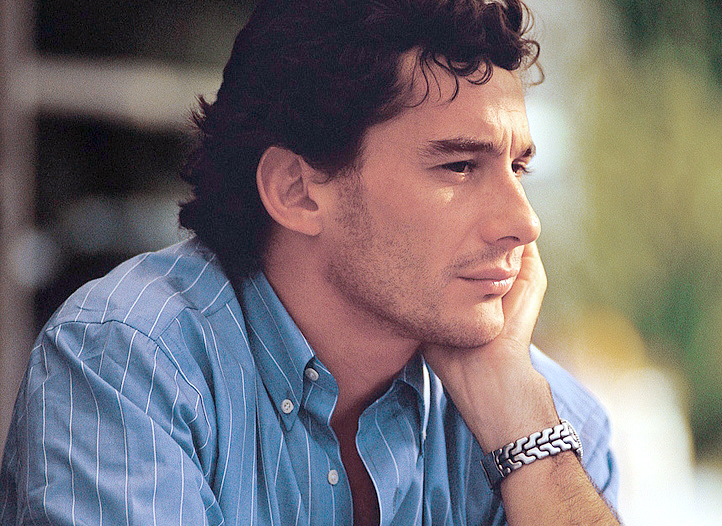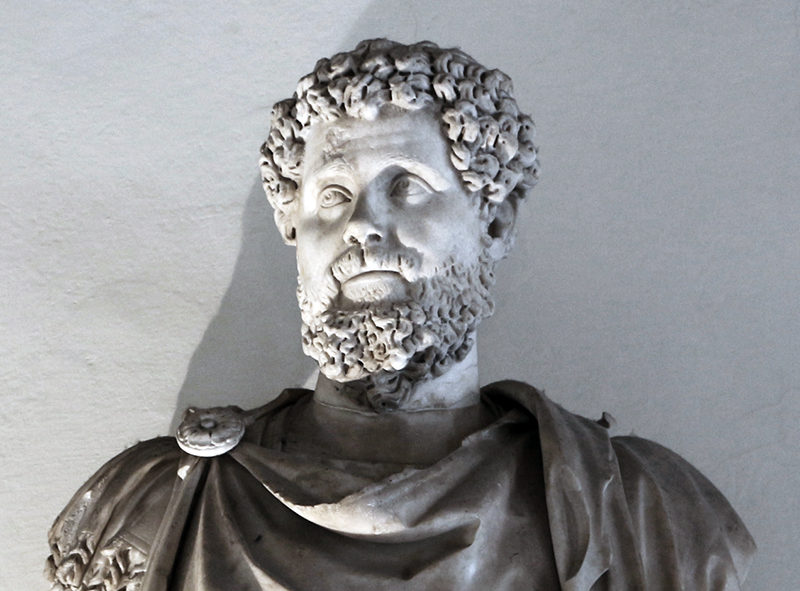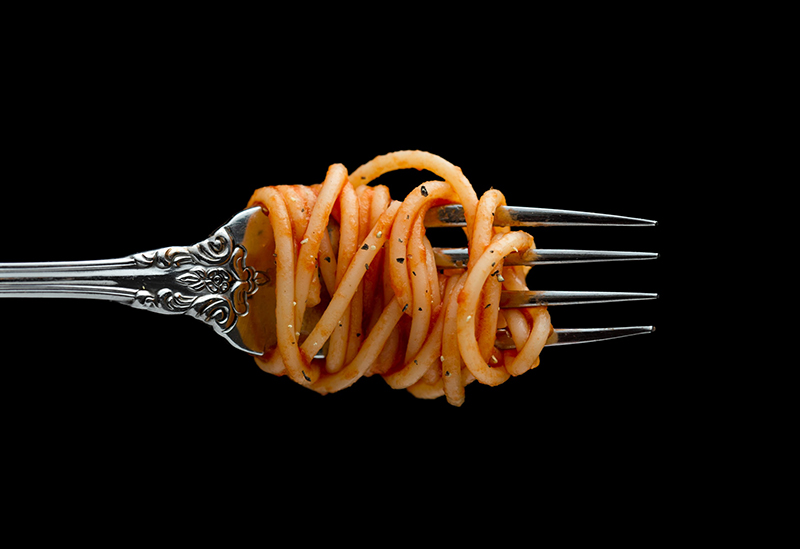Verdi: no one embodied the Italian genius more than he did. He succeeded in capturing the spirit of Italy with the network of his notes and brought his art into the pulsating flesh of Italian identity. And it has an exciting life. Those Parma countryside embraced by the winter mist and lashed by the summer sun made it sprout; Milan and pre-unification Italy made Verdi and the world welcomed him as a great artist and genius. Every Italian must therefore know some essential things about the greatest Italian composer. Here are ten.
Ten things to know about Giuseppe Verdi
- Verdi has set about 30 works to music. The best known are the popular trilogy (Rigoletto, Trovatore and Traviata), the Aida and the works inspired by Shakespeare, such as Otello and Falstaff.
- When he was only six years old, he played piano and organ, when he was eight he was already paid to play the organ, when he was thirteen he began to compose.
- At the age of eighteen he failed the admission exam to the conservatory.
- Verdi, after the first failures at La Scala, had decided to stop composing. He had been asked to set to music the Nabucco libretto. By chance he fell down and the booklet opened on the pages of Va Pensiero. He read it, he was moved, he set it to music and he decided to resume writing music.
- Nabucco went on stage March 9, 1842 at the Teatro alla Scala. The work was so appreciated that it was repeated fifty-seven times only between August and November, never happened at La Scala. The work was then brought to Vienna, Lisbon, Barcelona, Berlin, Paris and Hamburg, New York, Buenos Aires in the following years. Since then he has been represented in every corner of the globe.

6. After the success of Nabucco Verdi he wrote practically one opera a year. He worked so much that he called that period “the years of jail”. The works he wrote at that juncture were: The Lombardi at the First Crusade, The Battle of Legnano, The Two Foscari, Joan of Arc, Alzira, Attila, Il Corsaro, I Masnadieri, Ernani and Macbeth.
7. Verdi had to fight censorship for a long time. For example, La traviata, taken from Alexandre Dumas’ Lady of the Camellias, should have been called Amore e morte, but the Venetian censorship office demanded that the title be changed. However, he was immediately “accused of immorality and turpitude”; Rigoletto Represented in Paris in 1832, it was banned after just a performance.
8. Verdi was also a politician. On the basis of his popularity he was elected Councilor of the Municipality of Villanova d’Arda, as well as in 1859 Councilor of the Province of Piacenza. In 1861 he was elected as Deputy in the College of Borgo San Donnino, the current Fidenza. In 1874 he was appointed a member of the Italian Senate, but he never participated in his activities, just as he had little part in those of the Chamber of Deputies.
9. Giuseppe Verdi thanks to his music became terribly rich. Very shrewd in bargaining and in the management of capital, he bought vast estates and for many years made the landowner and was an expert in poplar cultivation, horse breeding, field irrigation, and oenology.
10. His international popularity was so wide already in life that he received honors and awards in half the world. He obtained honors for example from the Emperor of Austria Francesco Giuseppe, from Carlo Luigi Napoleone Bonaparte, emperor of the French, from the Emperor of all Russia Alexander II, from Kaiser Wilhelm I of Germany and even from the Sultan of the Ottoman Empire Abdul Aziz and from the Republic of San Marino.







